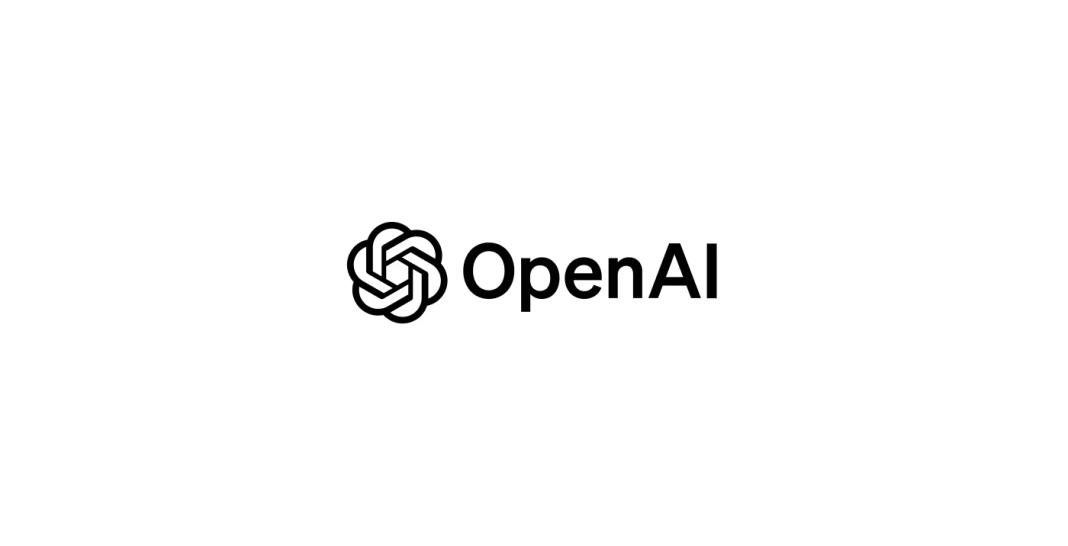On August 1, 2025, Anthropic revoked OpenAI’s access to its Claude model APIs, alleging that OpenAI violated its terms by using Claude Code in internal tools to benchmark and refine its own AI system, GPT‑5—especially around coding, creative writing, and safety prompts
⚠️ What Prompted the Access Ban?
Anthropic claimed OpenAI’s engineers were tapping into Claude Code to run deep tests—analyzing model behavior on coding tasks and sensitive categories like CSAM, self-harm, and defamation—to gain a competitive edge in GPT‑5 development. This was deemed a direct breach of commercial terms prohibiting use for building or training competing AI models
🧭 OpenAI Responds: Benchmarking Is Standard Practice
OpenAI stated that evaluating rival AI systems is a standard industry practice for safety and progress. Although it regrets the API suspension, the company noted Anthropic’s own models remain accessible to OpenAI—and Anthropic purportedly will still provide access for benchmarking and safety use cases
🏗️ Industry Implications and Rising Tensions
- The cutoff underscores growing mistrust among AI labs, as both Anthropic and OpenAI serve simultaneously as platform providers and competitors. Similar moves have targeted startups like Windsurf, another coding app allegedly linked to OpenAI discussions
- Analysts warn these actions may hamper open innovation, forcing developers and companies to rethink reliance on large provider APIs.
🔎 What Lies Ahead
| Factor | Effect |
|---|---|
| GPT‑5 Development | OpenAI must rely on internal benchmarks only |
| Industry Benchmarking Practices | Norms may face stricter legal definitions |
| API Ecosystem Resilience | Startups remain vulnerable to sudden cuts |
| Competitive Guardrails | Labs protect their IP more aggressively |
Anthropic has assured allowance for safety and benchmarking access, but it’s unclear how flexible those provisions will be moving forward.
💬 Final Take
Anthropic’s decision to cut off OpenAI’s access to Claude signals a turning point in AI rivalry—where benchmark testing can trigger terms-of-service violations. As GPT‑5 nears its debut, the move highlights intensifying competition and shifting norms around transparency, collaboration, and data-sharing in Silicon Valley’s top AI labs.



